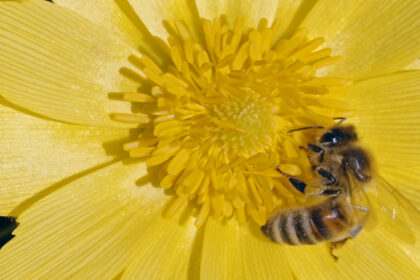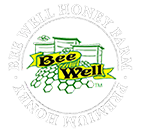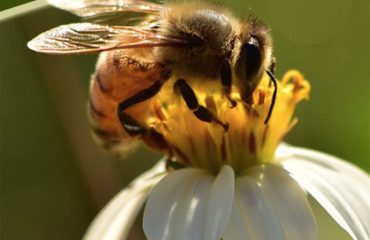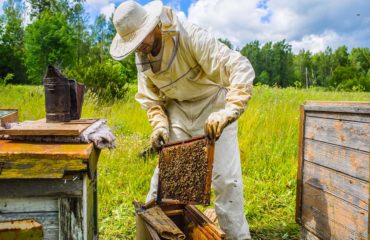
Honeybees are some of the most important insects on our planet. Not only do they produce honey, but they are also key players in the pollination of many of our food crops, including fruits, vegetables, and nuts. Without honeybees, our food supply would be severely impacted, making them a vital part of our ecosystem. In this blog post, we will explore how honeybees pollinate and their crucial role in the process.
The process of pollination occurs when pollen from the male part of a flower (the anther) is transferred to the female part of the flower (the stigma). This transfer of pollen is what enables the fertilization and development of seeds and fruits. Honeybees are particularly efficient pollinators because of their unique biology and behavior.
Honeybees are attracted to flowers by their bright colors and sweet fragrances. Once they land on a flower, they use their long, tube-like tongue (proboscis) to sip nectar from the flower. While they are feeding, the bees’ fuzzy bodies become coated with pollen from the anthers. The bees then transfer this pollen to other flowers as they move from plant to plant.
The process of pollination is aided by the behavior of honeybees. When a honeybee visits a flower, it will often land on the same spot on the flower, allowing for maximum transfer of pollen. Honeybees also have an innate sense of direction, which allows them to navigate to and from flowers with ease, increasing the chances of successful pollination.
Another reason why honeybees are such effective pollinators is that they are social insects. A single colony of honeybees can contain tens of thousands of bees, and they work together to gather food and care for their young. This means that a single honeybee can visit many flowers in a short period, maximizing the amount of pollen that is transferred.
While honeybees are an important part of the pollination process, they are not the only insects that pollinate flowers. Other bees, wasps, butterflies, moths, and even some species of flies also play a role in pollination. However, honeybees are particularly important because they are the most effective and efficient pollinators, and they can pollinate a wide variety of plants.
Honeybees are crucial to the process of pollination, which is essential for the production of many of our food crops. Their unique biology and behavior, including their attraction to flowers, innate sense of direction, and social nature, make them particularly efficient pollinators. Protecting honeybee populations is crucial for ensuring a stable and sustainable food supply for future generations.



